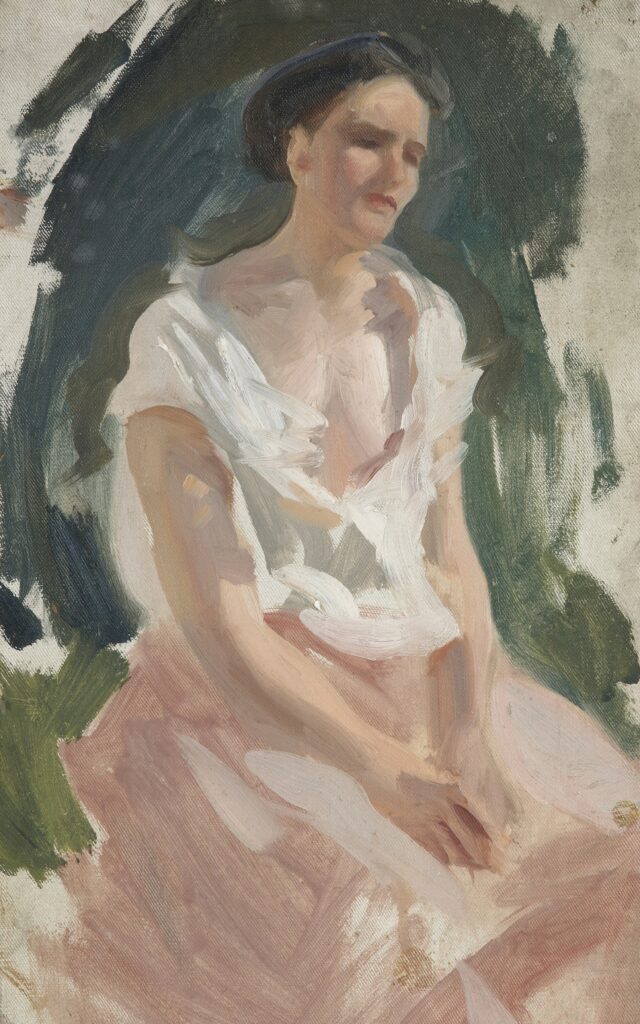Catastrophic Thinking in OCD: 7 Ways It Shows Up and How to Stop Spiraling

Have you ever had a small worry that spiraled into a terrifying “what if”? Like assuming a headache means a brain tumor or that forgetting a text means you’ve ruined a relationship? That’s not just overthinking—it’s catastrophic thinking, and it’s one of OCD’s cruelest tricks.
Catastrophic thinking in OCD happens when your brain jumps to the worst possible outcome—and convinces you it’s likely or inevitable. Below are 7 ways this pattern shows up, and how you can begin to break the loop.
1. You Instantly Imagine the Worst-Case Scenario
A minor issue feels like the beginning of disaster. A strange look from someone becomes “they hate me.” A mistake at work becomes “I’m getting fired.” OCD hijacks your mind’s problem-solving ability and turns everything into a threat.
2. You Rely on Mental Checking and Reassurance to Feel Safe
To ease the fear, you mentally review past actions or seek reassurance from others. You may pray, replay conversations, or run through scenarios over and over. But the relief never lasts—and you’re back where you started.
3. You Believe That Thinking Something Might Make It Happen
Catastrophic OCD often involves Thought-Action Fusion—the belief that thinking about a bad event increases the chance it will happen. This leads to avoidance or rituals meant to “cancel out” the danger, even when there’s no real threat.
4. You Constantly Try to Predict and Prevent Disasters
You mentally prepare for every “what if”—as if planning for every disaster will protect you. But this need for certainty creates more anxiety, not less. It’s a mental trap, not a solution.
5. You Reject Logical Explanations
Even when your rational mind knows you’re overreacting, the catastrophic story feels more convincing. You might hear “That’s unlikely,” but OCD insists, “But what if it does happen?”
6. You Avoid People, Places, or Decisions to Minimize Risk
Avoidance becomes its own ritual. You dodge triggers, social settings, or decisions—not because you want to, but because OCD has made them feel dangerous. While it may feel like self-protection, it shrinks your life and deepens the fear.
7. You Feel Exhausted by the Constant Fear Loop
The mental energy it takes to scan for danger, manage rituals, and replay fears is draining. You may feel stuck, hopeless, or like your brain won’t ever shut off. That’s the cost of catastrophic OCD—but it doesn’t have to stay that way.
Final Thoughts
Catastrophic thinking in OCD feels real because it taps into your deepest fears—but that doesn’t make it true. Recovery starts when you stop chasing certainty and start sitting with discomfort. Through ERP therapy, self-compassion, and support, you can retrain your brain to stop reacting to every “what if” like it’s a real threat.
Your thoughts aren’t dangerous. You’re just stuck in a loop—and loops can be broken.